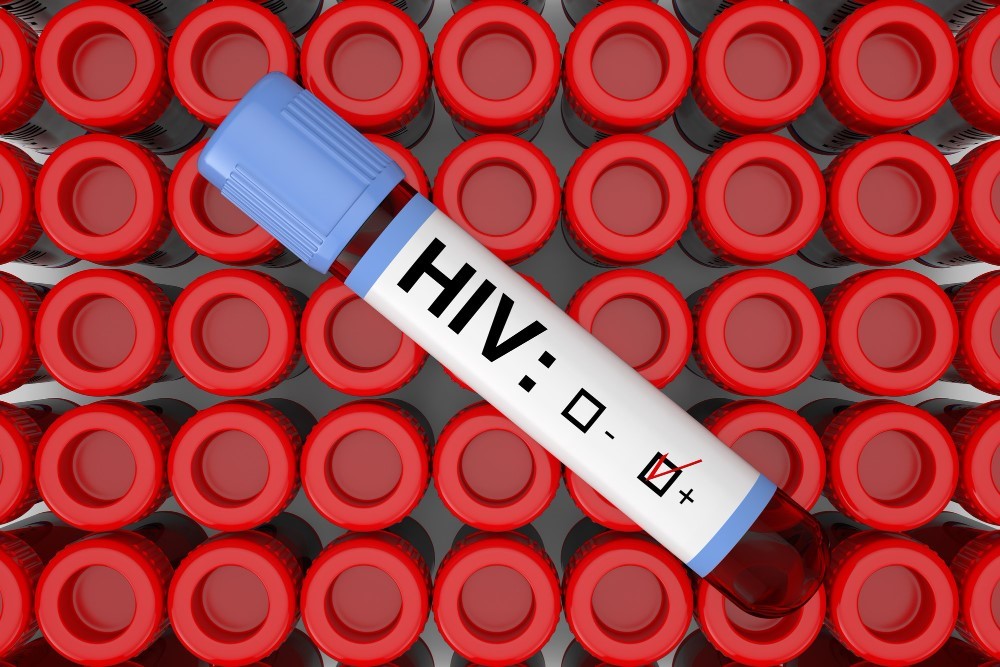Delving into HIV testing services is crucial for both individual well-being and public health. On June 27, we celebrate National HIV Testing Day, spotlighting how significant these tests are. It’s like an annual reminder to check in on your health and understand its pivotal role in early detection.
Many misconceptions still cloud these tests. Some believe you need symptoms to get tested, which isn’t true. Others fear the stigma, yet getting tested can bring immense relief, a sense of empowerment, and open new health opportunities. By knowing your status, you take control of your health journey.
Confidentiality is a cornerstone of HIV testing services. Ensuring privacy encourages more people to test without fear of exposure. This alleviates public anxiety and fights misinformation, helping people confidently seek testing.
Early detection is paramount. Thanks to modern medicine, treatments can significantly improve and extend lives. Recognizing the value of early knowledge, the testing process is simple, safe, and vital. HIV testing services empower individuals and communities by fostering early treatment and breaking down stigmas that persist.
Navigating HIV Testing: A Step-by-Step Guide
If you’re new to HIV testing, understanding the process can ease nerves. Here’s what typically happens:
- Preparation for HIV test: No need to fast or prepare differently. Just ensure you are ready to receive valuable information about your health.
- The Test: You can choose from several HIV test steps. The rapid HIV test gives results quickly. Other tests can take a few days but might be more accurate.
- Understanding HIV test accuracy**: Most tests are highly accurate. Knowing this can build trust in the results, helping you feel assured of your steps.
- Where to Test: Many places offer HIV testing services. Check community health centers, clinics, or even mobile units offering free or affordable options.
By addressing HIV test myths, we help people see the realities—it’s not scary. Testing is a crucial health check, not a statement about lifestyle. These realities can dispel unfounded fears.
Interpreting HIV Test Results: Next Steps
Once you’ve had your test, understanding HIV test results is the next key step. Results are usually straightforward.
- Positive Results: It’s normal to feel stressed or shocked, but remember there are amazing treatments available. HIV testing services often include counseling, which can guide you through next steps and connect you with resources.
- Negative Results: This is great news! However, ongoing prevention is vital. Consider options like PrEP to protect your health. The HIV test isn’t just a one-time step; regular testing keeps you informed.
Whatever the outcome, always remember: Support systems are robust. Tap into counseling, peer groups, or educational resources to stay informed. With the right information and support, you’re empowered to take charge of your health journey.
Empowering Communities Through HIV Awareness and Action
HIV testing services do more than keep individuals healthy. They help in halting the virus’s spread, encouraging community-wide health.
Take Matt, for example, whose story is a beacon of hope. He was hesitant about testing due to stigma. Once he took the step, he found relief and strength. His story inspires others to overcome fear.
Discussing HIV testing services and debunking HIV test myths are social responsibilities we all share. Encourage conversations in your community or among friends. By becoming an ambassador of education and support, you contribute to broader awareness and action.
On National HIV Testing Day, make a move. Share your testing story, organize events, or volunteer within community initiatives. Personal and collective actions build momentum towards healthier communities, one test at a time.
When we understand HIV testing services, their impact, and diminish HIV test myths, we create a stronghold for better public health. With a clear view and compassionate approach, everyone can contribute to a healthier, informed community.
